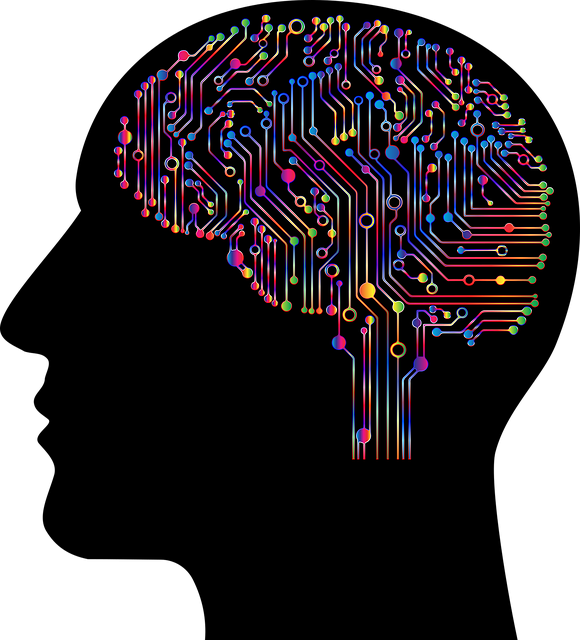On 21 September 2021 the Court of Appeal handed down its judgment in THALER v COMPTROLLER GENERAL OF PATENTS TRADE MARKS AND DESIGNS [2021] EWCA Civ 1374.
The Court of Appeal, in a split 2/1 decision dismissed Dr Thaler's appeal.
Lord Justice Arnold held in his judgment that there is no rule of law that a new intangible produced by existing tangible property is the property of the owner of the tangible property, as Dr Thaler contended, and certainly no rule that the property, contemplated by section 7(2)(b) of the Patents Act 1977, in an invention created by a machine is owned by the owner of the machine. Lord Justice Arnold also held the statutory requirements of the Act are that (i) the inventor must be a person and (ii) an applicant who is not the inventor must be able, at least in principle, to found an entitlement to apply for a patent in respect of the invention. If Dr Thaler were able to establish that the statute did not require the inventor to be a person and that, as a matter of law, he could derive his entitlement to apply for patents in respect of the inventions purely from his ownership of DABUS, then the position would be different.
Lady Justice Laing agreed with the judgment of Lord Justice Arnold.
Lord Justice Birss, on the other hand, would have allowed the appeal, holding in summary:
- The inventor of an invention under the 1977 Act is the person who actually devised the invention.
- Dr Thaler has complied with his obligations under s13(2) of the 1977 Act because he has given a statement identifying the person(s) he believes the inventor to be (s13(2)(a)) and indicating the derivation of his right to be granted the patent (s13(2)(b)).
- It is no part of the Comptroller's functions under the 1977 Act to deem the applications as withdrawn simply because the applicant's statement under s13(2)(a) does not identify any person who is the inventor.Since the statement honestly reflects the applicant's belief, it satisfies s13(2)(a).
- It is no part of the Comptroller's functions under the 1977 Act to in any way be satisfied that the applicant's claim to the right to be granted the patent is good. In granting a patent to an applicant the Comptroller is not ratifying the applicant's claim to derivation. Dr Thaler's asserted claim, if correct, would mean he was entitled to the grant. Therefore the statement satisfies s13(2)(b).
- The fact that the creator of the inventions in this case was a machine is no impediment to patents being granted to this applicant.
The judgment did not follow the findings of the Federal Court of Australia in Thaler v Commissioner of Patents [2021] FCA 879, which held that Dr Thaler does own the rights to the DABUS inventions under Australian law. This was notwithstanding the fact that Section 7(2)(b) of the UK Patents Act 1977 inter alia confers the right to the grant of a patent to any person who by virtue of any foreign law was entitled at the time of the making of the invention to the whole of the property in it in the United Kingdom.
The Court of Appeal judgment also held that there is no requirement in the Patents Act for an applicant to name a person as the inventor, and that there may be circumstances in which the applicant cannot reasonably identify the inventor.
The judgment of the Court of Appeal leaves the current law unfit to support innovation in the AI industries, which we believe, in line with the Government's indications, must be addressed as a matter of urgency. As matters currently stand, Australia allows the patenting of AI generated inventions, as does South Africa, but the UK, which wishes to be at the forefront of these technical developments, is lagging behind.
Dr Thaler has the right to seek permission to appeal to the Supreme Court, within 28 days of the date of the Court of Appeal 's judgment.
